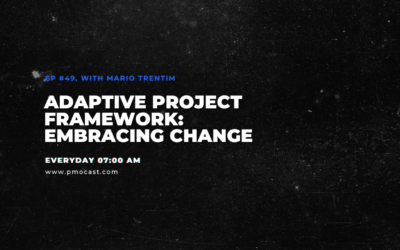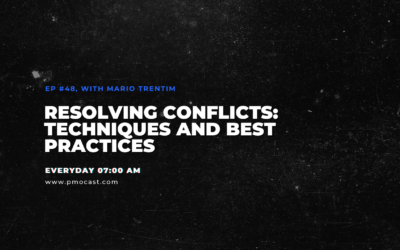Welcome back to our series where we explore the vital facets of project management. Today, we dive into a crucial, yet often underrated aspect – Project Closure.
Project closure, known as the “final phase” of the project life cycle, is a critical stage for project success and ongoing improvement. It’s during this phase that we take a moment to reflect on the project’s wins and losses, and more importantly, gather insights for future endeavors.
According to a report from the Project Management Institute (PMI) titled “The High Cost of Low Performance,” only 64% of projects succeed in meeting their original objectives or business intent. This statistic underlines the importance of conducting a thorough project closure to dissect and comprehend the project’s outcomes.
The Fourfold Path to Effective Project Closure
Step 1: Confirming Project Completion
The project closure phase begins with the confirmation that the project is genuinely ready for closure. All project objectives must be met, and deliverables accepted by the stakeholders. Any pending tasks or unresolved issues should be addressed at this stage. The goal is to ensure that no loose ends are left unattended.
Step 2: Administrative Closure
This step involves archiving project documents, finalizing project reports, and releasing project resources. A frequent pitfall here is the rush to wrap up, causing important information to be inadequately documented or even lost.
Best practices recommend the use of project management tools like Microsoft Project, Basecamp, or Asana. These platforms offer features to ensure all tasks and documents are correctly archived and easily retrievable for future reference.
Step 3: Financial Closure
The financial closure entails finalizing all project bills and expenses, and if necessary, conducting a financial audit. Though often overlooked by project managers, settling all financial matters is vital for maintaining a transparent and accountable project environment.
Step 4: Conducting a Project Post-Mortem
Arguably the most critical step of project closure is the post-mortem or lessons learned session. As mentioned by Harold Kerzner in his book “Project Management: A Systems Approach to Planning, Scheduling, and Controlling,” this step allows for reflection on the project’s performance and the extraction of valuable insights for future projects.
A real-world exemplar of this practice is NASA. They have an extensive Lessons Learned system where they document and share insights from each project, enabling them to avoid repeating past mistakes.
Conclusion: The Power of Project Closure
In conclusion, project closure is far from a mere formality. It’s a pivotal phase that offers opportunities to learn from the past, celebrate successes, and set a solid foundation for future project success.
So, as we navigate the vast realm of project management, let’s remember the importance of a thoughtful project closure. Be sure to subscribe and share this article with your peers to spread these insights.
Follow our series as we continue to unearth the fascinating world of project management. Don’t forget to connect with us on social media to stay updated with the latest project management insights.




0 Comments